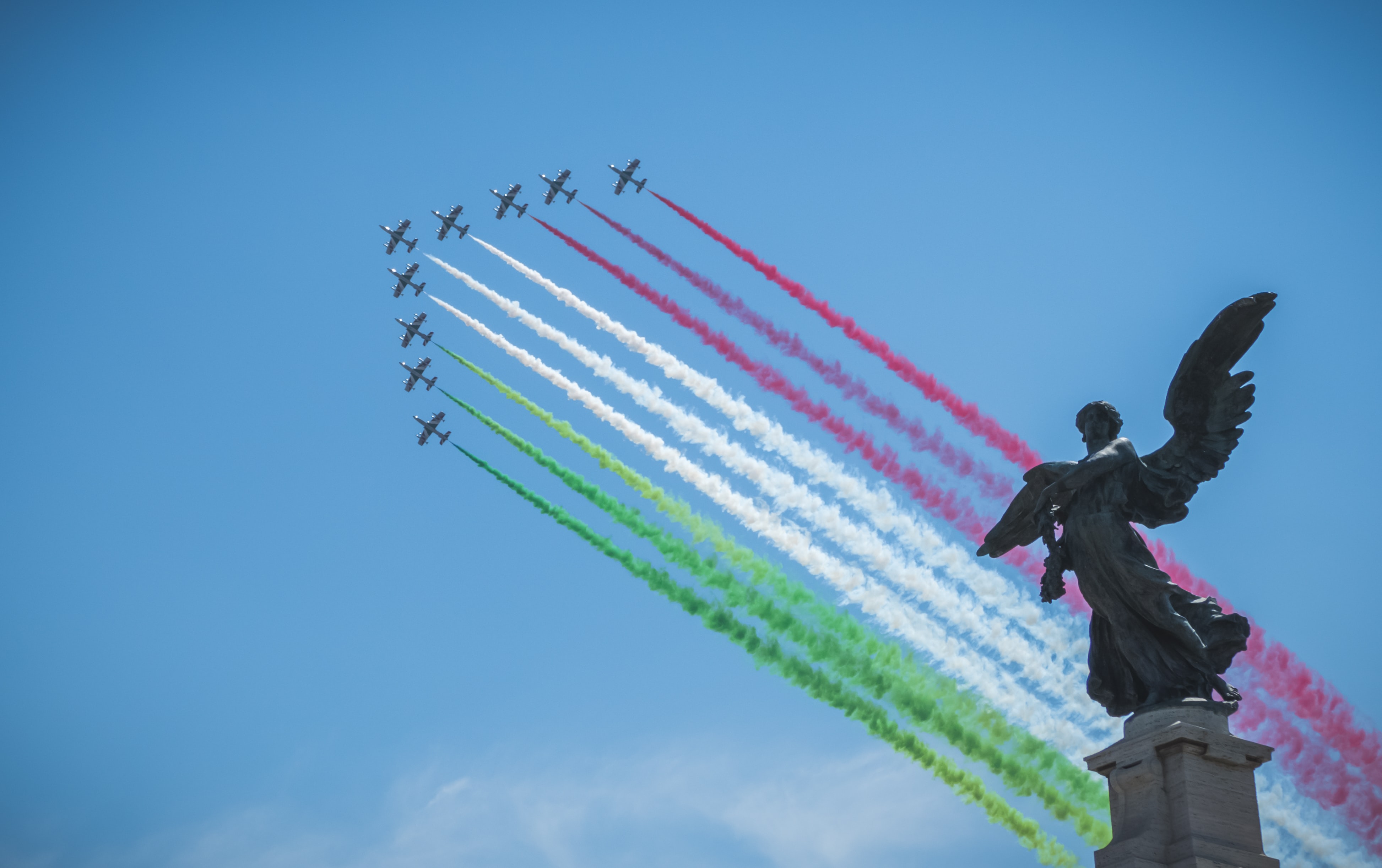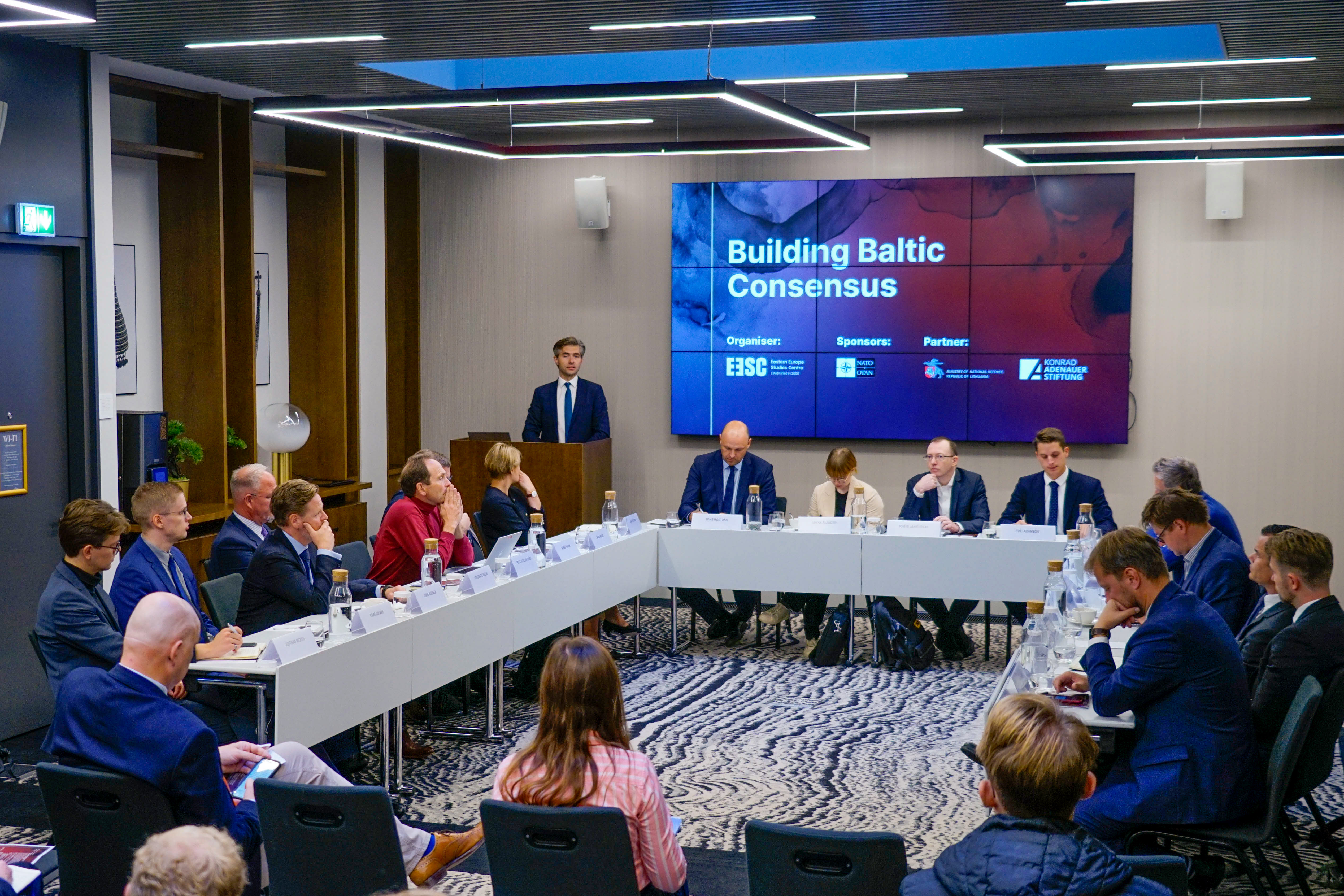Summary:
- In light of Lithuania’s foreign policy diversification efforts in the Asia-Pacific region, kick-started in 2021, we need to assess not only the economic prospects of the country’s relatively new partners, but also where they stand on the security and political issues of importance to us.
- All four countries in which Lithuania has decided to establish representation – namely, Australia, South Korea, Singapore, and Taiwan – share not only significant political, economic, and values- based similarities with each other, but also a delicate geo-strategic position between China, their largest economic partner, and the US, their key security guarantor.
- With that said, a comparative analysis of recent key doctrine-setting and review-style foreign policy documents in each of the four countries shows significant differences with respect to their perception of Russia, Lithuania’s main external threat.
- As one would expect, Russia features prominently in documents of both middle powers, Australia and South Korea; however, despite both of them being key US allies, Seoul views Moscow in noticeably more favourable terms than Canberra does, which is mostly attributable to different geo-strategic considerations.
- Although no foreign policy documents comparable in size and depth to those of Australia and South Korea have been published by Singapore and Taiwan, one may reasonably infer that they view Russia in clearly pragmatic terms (though Taipei does appear concerned by the deepening strategic partnership between Moscow and Beijing, especially its military component).
- When communicating about ‘the problem with Russia’ to representatives from these countries, Lithuania’s foreign policy makers should be cognizant of the existing differences in attitudes towards it, while also emphasising the issues relevant to each and those shared between all. Special attention should be paid to the nature of threats to the global order posed by Moscow and, in particular, its role in the military modernisation and increasing power projection capabilities of Beijing.
Author:
Konstantinas Andrijauskas is an associate expert at the EESC China Research Programme and Associate Professor of Asian Studies and International Politics at the Vilnius University Institute of International Relations and Political Science. He was a visiting scholar at China’s Fudan University (Shanghai, 2011) and Zhejiang University (Hangzhou, 2013) as well as Columbia University (New York City, USA, 2017, as part of the Fulbright Scholar Program). Dr. Andrijauskas published more than two dozen academic articles and two books. He is a member of the China Observers in Central and Eastern Europe (CHOICE) multinational consortium of experts and the European Association for Chinese Studies.


